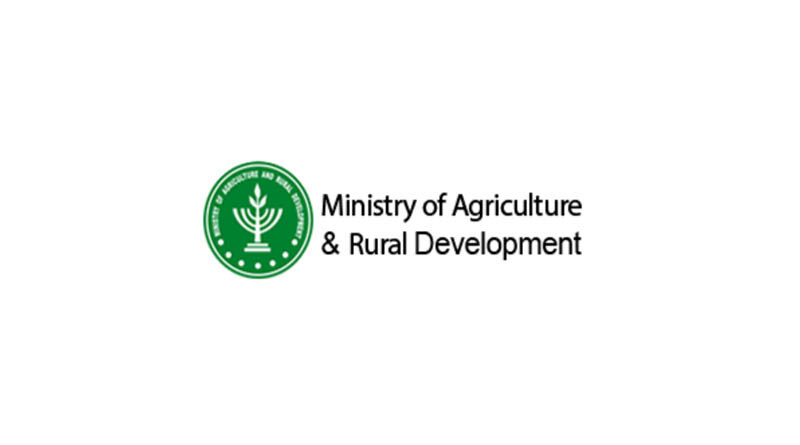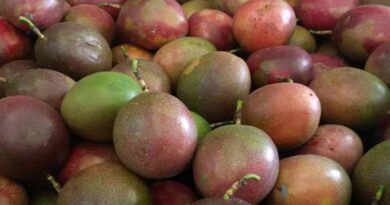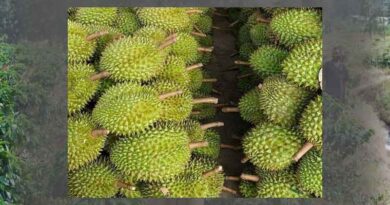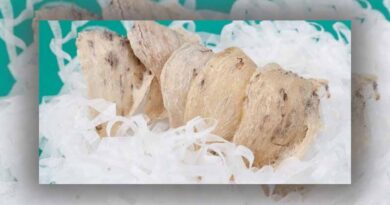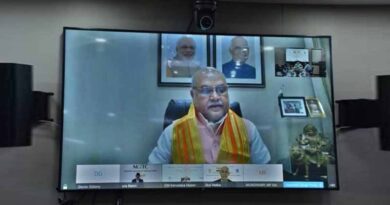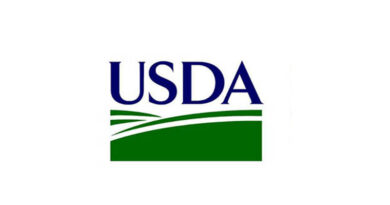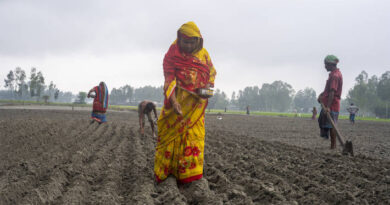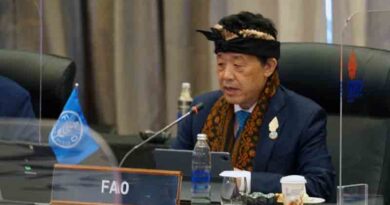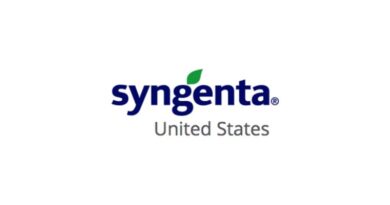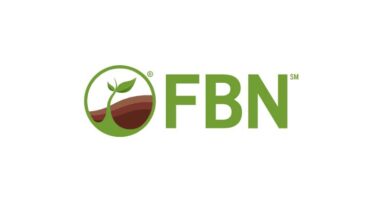The Chinese government is changing the testing policy for agricultural products
28 December 2020, China: Israeli agricultural shipments of citrus fruits grown in Israel were held up by Chinese customs at Shanghai port, and were released only after the intervention of the Director General of the Ministry of Agriculture and the Israeli Ambassador to China
Minister of Agriculture and Rural Development, Alon Schuster: “I meet with many farmers throughout the country and hear that many marketing channels for fresh Israeli produce have suffered due to the economic crisis associated with the coronavirus plague. In light of this, I am glad that we succeeded in enabling the sale of citrus fruit grown in Israel in China. We are working tirelessly to open up additional marketing channels for farmers, and strengthen Israeli agriculture.”
Also Read: Rural Development publishes its Pesticide Residues in Locally Produced Fruits
The global coronavirus crisis has caused additional crises, and not only health related ones. The virus has exacerbated the need of countries around the world for much stricter and more comprehensive testing of imports entering their territories, all the more so when it comes to food products such as fruits and vegetables. As a result, the Chinese government unexplainedly halted the entry of shipments of citrus fruit at the port of Shanghai. The delay raised concerns about a crisis between the two countries, as well as causing financial losses of Israeli farmers.
It all began with the departure of a ship from Israel that was bound for China, carrying a cargo of 200,000 kilos of citrus fruit worth about $ 400,000. The ship was stopped at the entry to Shanghai port and was refused entry. Since it was carrying fresh agricultural produce, time was working against it, and every passing day caused losses of produce and depreciation. Here, the most senior figures intervened – a request from the Director General of the Ministry of Agriculture and Rural Development, Dr. Nahum Itzkovich, was forwarded to the Israeli Ambassador to China, Zvi Hefetz, and the Economic Attaché to Beijing, Esti Ayalon-Kubo to intercede on behalf of the Israeli products. They learned that due to the Coronavirus, the Chinese plant protection authorities had tightened work procedures and put in place stricter requirements for importing agricultural produce and food.
Israel sought a creative solution that would prove to the Chinese that Israel operates under the conditions of the “Purple badge”, and so upholds hygiene throughout the entire growth and packaging chain. In the spirit of the Coronavirus period, Plant Protection and Inspection Services at the Ministry of Agriculture prepared videos that filmed the entire growing process, approval of plots for export and packaging in Israel, with an emphasis on sanitation, social distancing, wearing of gloves and masks.But the Chinese were not satisfied, and conducted a virtual test using Zoom for three packing houses in real time. The inspection was conducted with the staff of the Plant Protection and Inspection Services at the Ministry of Agriculture and the representatives of the packing houses, and was mediated by representatives of the Israeli Embassy in China. Israel succeeded in demonstrating to the Chinese authorities that it complies with all the work regulations and guidelines required to prevent the spread of the virus. Thus, for instance, Israeli inspectors from the Ministry of Agriculture were asked how the staff of the packing house maintain protection, how they use masks and gloves, cleaning and disinfection measures, social distancing, initiated tests to diagnose the virus and more.
The meticulous requirements are not aimed at changing the policy or relations, but are due to the Coronavirus restrictions that have led to changes in procedures all over the world, as well as in Israel. The Chinese authorities also emphasized that this was not a specific instance targeting Israel, but rather the national policy implemented regarding many of its powerful trading partners, such as Germany and the Netherlands. In addition, China has shown great flexibility by accepting the use of photographs to prove compliance with the purple badge. The Ministry of Agriculture emphasizes that during this period, given the changing trade conditions between countries, it is advisable to check with the destination country whether there has been any change in requirements.
Exporting of citrus fruits from Israel to China began in 2007, following a lengthy risk assessment process carried out by the Chinese Plant Protection Authorities (AQSIQ), following which a bilateral agreement was signed between the Plant Protection and Audit Services of the Israeli Ministry of Agriculture and their counterparts in China. Since the beginning of the agreements, about 6,000 tons of citrus fruits are exported to China every year.

